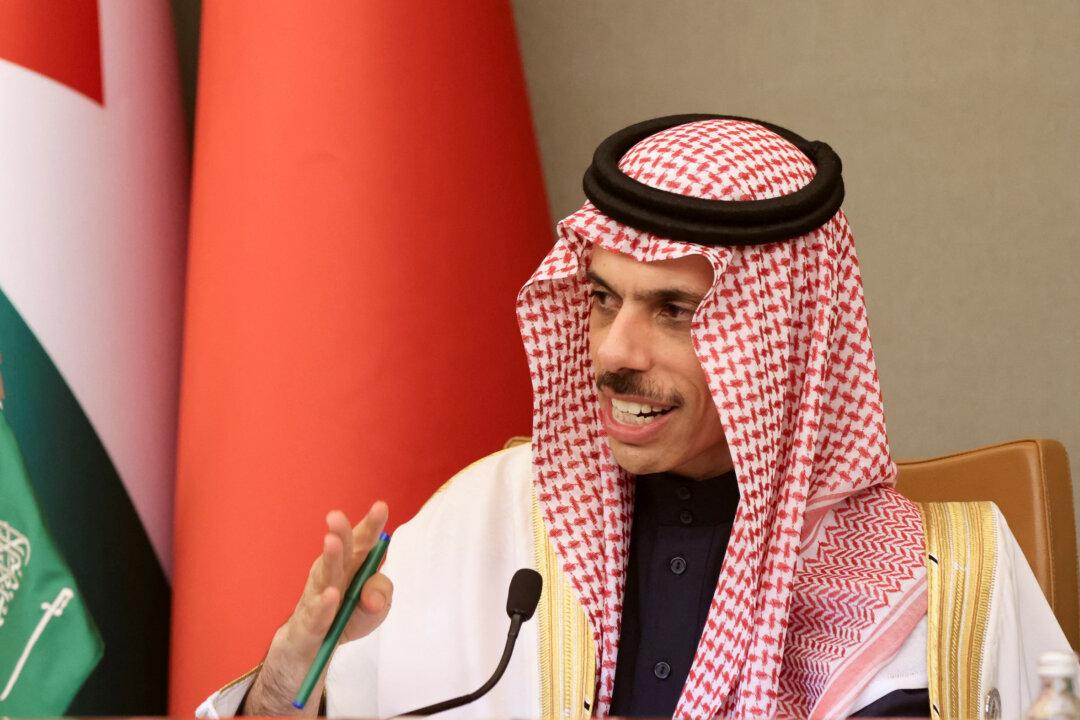A delegation of diplomats from Arab and Islamic nations is calling on the United States to demand a ceasefire in the ongoing Israel-Hamas war.
Officials from Egypt, Jordan, Qatar, and Saudi Arabia said the United States’ continued failure to condemn Israeli war crimes was causing many nations to doubt the legitimacy of the rules-based international order.




